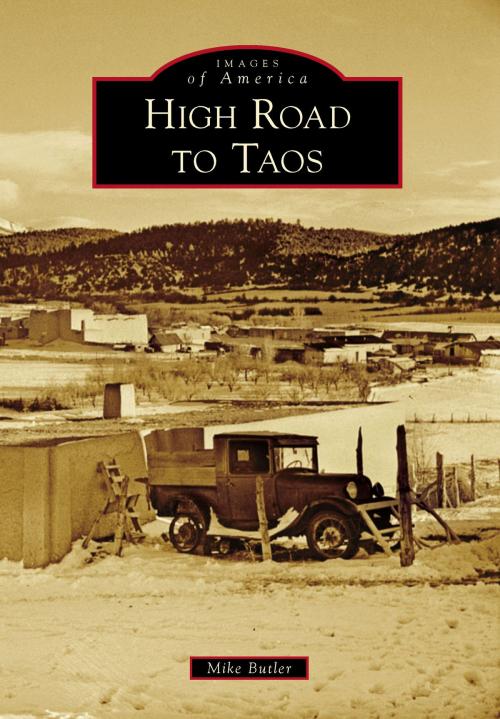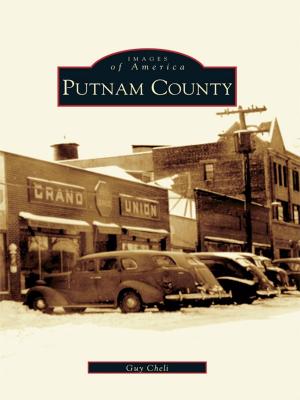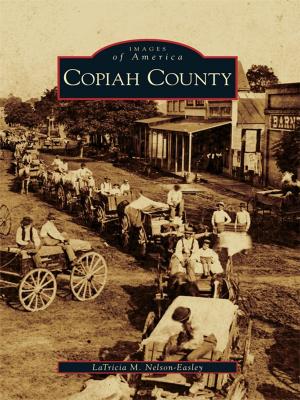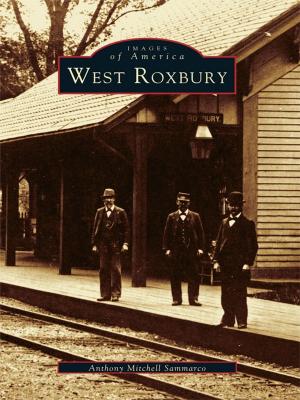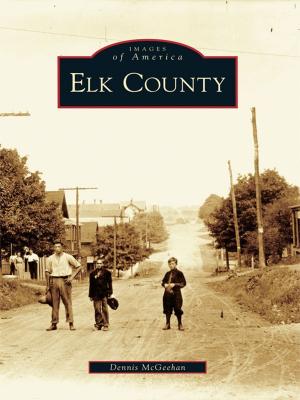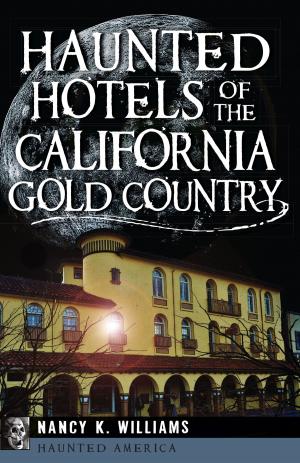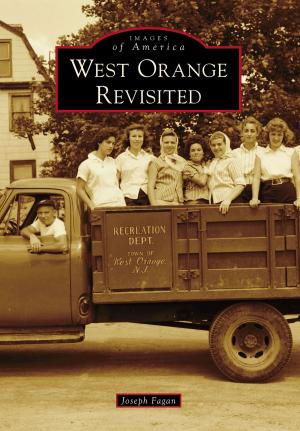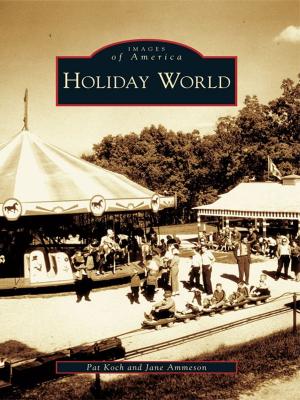High Road to Taos
Nonfiction, Art & Architecture, Photography, Pictorials, Travel, Lodging & Restaurant Guides| Author: | Mike Butler | ISBN: | 9781439656464 |
| Publisher: | Arcadia Publishing Inc. | Publication: | June 6, 2016 |
| Imprint: | Arcadia Publishing | Language: | English |
| Author: | Mike Butler |
| ISBN: | 9781439656464 |
| Publisher: | Arcadia Publishing Inc. |
| Publication: | June 6, 2016 |
| Imprint: | Arcadia Publishing |
| Language: | English |
The High Road to Taos, listed in the New Mexico Register of Cultural Properties in 1975, covers 52 miles from just north of Santa Fe to Ranchos de Taos at the southern boundary of the town of Taos. In addition to spectacular mountain scenery, the High Road contains Pueblo Indian settlements dating back to the 1300s and Hispanic settlements dating back to the 1600s. Historic adobe Catholic churches can be seen in each village, with the church at Las Trampas having been constructed in 1760. Today, artist communities have grown in and around the villages. Photographers from the federal Farm Security Administration extensively photographed the villages along the High Road in the 1930s and 1940s. These photographs provide an exceptional record of Hispanic village life in northern New Mexico and will be of interest to travelers along the High Road as a basis of comparison to what they are viewing today.
The High Road to Taos, listed in the New Mexico Register of Cultural Properties in 1975, covers 52 miles from just north of Santa Fe to Ranchos de Taos at the southern boundary of the town of Taos. In addition to spectacular mountain scenery, the High Road contains Pueblo Indian settlements dating back to the 1300s and Hispanic settlements dating back to the 1600s. Historic adobe Catholic churches can be seen in each village, with the church at Las Trampas having been constructed in 1760. Today, artist communities have grown in and around the villages. Photographers from the federal Farm Security Administration extensively photographed the villages along the High Road in the 1930s and 1940s. These photographs provide an exceptional record of Hispanic village life in northern New Mexico and will be of interest to travelers along the High Road as a basis of comparison to what they are viewing today.
